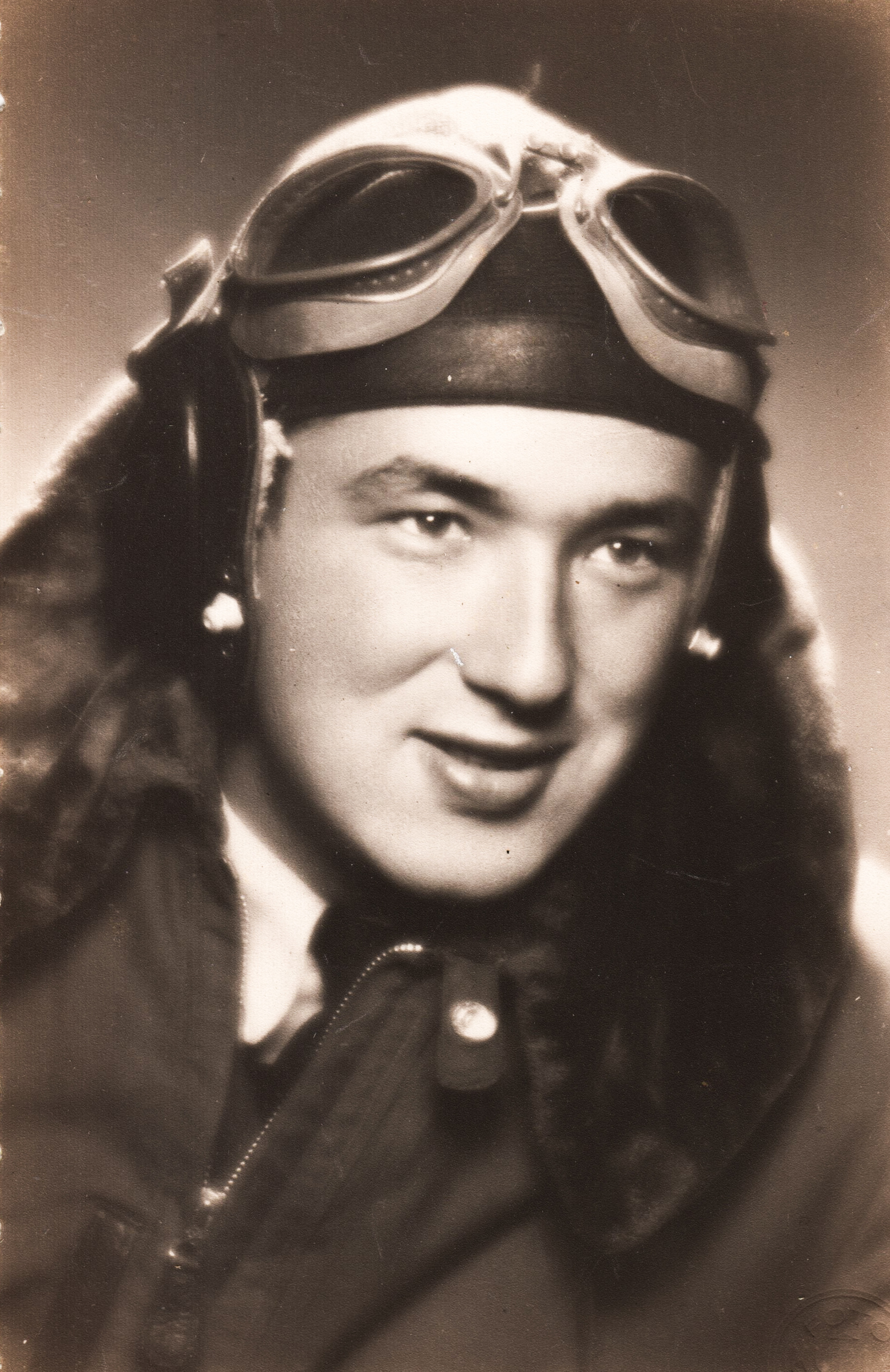The real heroes of the kindertransports from Germany and from Czechoslovakia were the parents

Stáhnout obrázek
Hugo Marom, formerly Hugo Meisl, was born on 9th October 1928 in Brno to a Jewish family. His father was a merchant with shops in the city centre and his mother was a skiing instructor and she also participated in the Olympic games. On 3rd August 1939 he and his brother left with the last transport of children to Great Britain organized by Sir Nicolas Winton. They were ones of the few survivors of the second world war. After the return to Czechoslovakia, Hugo Marom joined the armed forces in Olomouc for troops to be sent to Israel. He passed through a pilot training and left to Israel where he fought in the Israeli-Arabian conflict. In 1953 he was ordered to form a 110th night fighter squadron and five years later he lead the Israel Aircraft Industries research center. In 1964 he left the army and he founded a company for airport constructions. Hugo Marom passed away on January, the 7th, 2018.













































